The Role of Carbon Fiber Wheels in Enhancing Fuel Efficiency
The Science Behind Carbon Fiber Wheels and Fuel Efficiency
How Reduced Rotational Mass Lowers Fuel Consumption
Carbon fiber wheels weigh a lot less than regular aluminum or steel ones, and that makes a big difference in how much gas gets burned. Think about it this way: when something spins, it takes energy to start moving. Lighter wheels need less power to get going, so the car doesn't have to burn as much fuel every time it speeds up. Some research in automotive journals backs this up too. One study showed drivers could save real money on gas by going lighter, especially around town where stop-and-go traffic is constant. The engine works harder with heavier wheels, so cutting down on weight helps both the wallet and the overall performance of the vehicle.
The Impact of Unsprung Weight on Vehicle Dynamics
To really get why carbon fiber wheels matter for cars, we need to talk about what's called unsprung weight first. This basically refers to all those parts hanging out there on the wheels themselves - think tires, brake rotors, wheel hubs anything that isn't actually held up by the springs in the suspension system. When manufacturers switch to carbon fiber wheels, they're cutting down on this kind of weight big time. And when that happens, guess what? The suspension works so much better. Mechanics will tell anyone who'll listen that lighter wheels translate directly into better ride quality and much more responsive steering feel. Performance enthusiasts know this already because their cars handle corners differently after dropping some serious pounds off the wheels. The whole package just grips roads better too, which means cars consume less fuel while still delivering that sporty driving experience everyone wants these days.
Quantifying Fuel Savings: Real-World Data and Studies
The numbers speak for themselves when it comes to how much better carbon fiber wheels perform in terms of fuel efficiency. Automotive research groups have found that cars can save anywhere between 4% to 6% on fuel consumption, though this varies quite a bit depending on what kind of car we're talking about and how someone actually drives it day to day. These figures come from tests comparing regular steel wheels against their carbon counterparts in lab settings. But let's face it, nobody drives exactly like they do in those controlled experiments. People who speed around town or constantly slam on brakes won't see nearly as big a difference as someone who maintains steady speeds. Still, even accounting for all these variables, there's no denying that switching to carbon fiber does make a measurable impact on gas mileage, which explains why so many manufacturers are investing heavily in this technology right now.
Weight Reduction Advantages of Carbon Fiber Wheel Technology
Comparing Carbon Fiber to Aluminum and Steel Wheels
Carbon fiber wheels cut down on weight a lot when compared to regular aluminum or steel wheels, which makes a real difference in how vehicles perform overall. Aluminum is already lighter than steel, no question about that, but carbon fiber takes things even further. We're talking about weight savings of around half what aluminum weighs in many cases. Lighter wheels mean better efficiency for cars because there's less mass spinning around the axles. That translates to faster acceleration and better gas mileage too. Research shows carbon fiber isn't just light either it holds up really well against both aluminum and steel materials. This combination of strength and low weight makes carbon fiber wheels a top choice for sports cars and other performance oriented vehicles where every ounce matters.
Thermal Efficiency Gains Through Lightweight Design
Carbon fiber wheels are lighter than traditional options, which makes a big difference when it comes to how brakes handle heat. When wheels weigh less, they need less energy just to keep spinning around, so they don't generate as much heat when someone hits the brakes. The result? Better stopping power overall because the brakes aren't fighting against all that extra warmth buildup. Research from car manufacturers shows these lighter designs really work well in practice too. Drivers notice their brakes last longer between replacements and fade out less during long descents or heavy braking situations. For cars trying to balance speed with eco friendliness, cutting down on brake system temperatures means better reliability day after day while still delivering top notch performance characteristics that enthusiasts look for.
Carbon Fiber Wheels in Electric Vehicle Optimization
Extending EV Range Through Mass Reduction
Lightening electric vehicles definitely helps them go farther between charges. When cars weigh less overall, they need less energy just to move along the road, which makes everything work better and lets drivers travel longer distances before needing to recharge. Carbon fiber wheels make a big difference here. They're actually about half the weight of regular metal wheels, so they cut down on what engineers call unsprung mass while also lowering rotational inertia. The effect? Electric vehicles don't have to work as hard when speeding up or slowing down, giving both better mileage and snappier handling. Mechanics will tell anyone who asks that even small reductions in weight matter quite a bit for how far an EV can go on a single charge, which explains why many manufacturers are turning to carbon fiber wheels as part of their strategy for building better performing electric cars.
Synergy Between Lightweight Wheels and Battery Efficiency
Carbon fiber wheels are getting lighter all the time, which helps electric cars use their batteries better. When a car weighs less overall, it doesn't need as much juice to move around, so the battery lasts longer between charges. What does this mean practically? Better range numbers on paper yes, but also smoother acceleration when driving. Take Tesla Model S for example they've shown some pretty impressive results after switching to carbon fiber rims. The math works out simple really less weight means less work for the motor, so more power goes into actually moving forward instead of just spinning wheels. Some manufacturers report reductions in energy draw of around 15% with these lightweight options. Looking ahead, as automakers push harder for greener tech, we'll probably see even more focus on materials like carbon fiber that give both performance gains and environmental benefits without compromising safety standards.
Aerodynamic Innovations Enabled by Carbon Fiber Construction
Streamlined Designs for Reduced Drag Coefficients
Carbon fiber wheels are changing the game when it comes to aerodynamics because they let designers create shapes that cut through air much better than traditional materials. What makes this possible is the unique combination of carbon fiber being both strong yet flexible enough to form those smooth, curved designs that just don't catch wind resistance like metal does. At highway speeds above 65 mph, this matters a lot since less drag means cars burn less gas while still going faster. Research from automotive labs shows that some modern carbon wheel designs actually improve airflow around the entire vehicle, something race car engineers have been chasing for years. Beyond making cars go quicker on tracks, these advanced wheels help regular drivers too by improving fuel economy during long road trips where maintaining speed consumes so much energy.
Achieving Larger Diameter Wheels Without Weight Penalty
What makes carbon fiber so special is its ability to let manufacturers make bigger wheels without adding all that extra weight we see with steel or aluminum. Bigger wheels mean better handling around corners and they just look cooler too something car enthusiasts really care about when it comes to sports cars and luxury models. Since carbon fiber stays light even when making larger sizes, these wheels don't slow down acceleration or cornering performance. Take a look at recent models from Ford and Chevrolet for instance their latest performance sedans feature massive carbon fiber wheels that look great while still delivering sharp driving characteristics. Automakers are starting to realize that going big with carbon isn't just about looks anymore it actually works well mechanically too, which explains why we're seeing more manufacturers adopt this approach across various segments of their product lines.
Long-Term Efficiency Benefits of Carbon Fiber Wheels
Durability Comparisons: Carbon Fiber vs Traditional Materials
Looking at how well automotive wheels hold up over years of use, carbon fiber stands out from old school materials like aluminum and steel. These wheels pack serious strength but weigh way less, which makes cars handle better and accelerate faster. Traditional metals just don't last as long before showing signs of fatigue or damage. The real money saver comes from lower maintenance needs too since carbon fiber doesn't rust or crack like metal does after exposure to road salt and harsh weather. Mechanics report seeing carbon fiber wheels still looking great after thousands of miles, something rarely true for standard alloy wheels. Most drivers who've made the switch notice their vehicles feel more responsive and require fewer repairs down the road.
Lifecycle Analysis: Environmental and Economic Sustainability
Carbon fiber wheels offer significant environmental and cost benefits because they last much longer than conventional alternatives. When we look at their entire lifespan from production to disposal, these wheels turn out to be both green and good for the wallet in the long run. Weights matter a lot here too carbon fiber is so much lighter than steel or aluminum, which means vehicles consume less fuel while driving around town or on highways. This lower fuel burn translates into fewer emissions overall, making roads cleaner for everyone. Car owners who switch to carbon fiber typically see money saved month after month through lower gas bills plus less frequent repairs since these wheels don't wear down as quickly. Research backs this up showing clear differences between old school metal wheels and modern carbon versions when it comes to fuel efficiency and CO2 output. For auto manufacturers looking to meet emission standards without breaking bank accounts, going carbon fiber makes perfect sense both for planet protection and bottom line improvements.
Recommended Products
 Hot News
Hot News
-
Forged Carbon Products
2024-05-21
-
Forged Off-Road Accessories
2024-05-21
-
GVICHN Introduces Revolutionary Forged Two-Piece Product
2024-05-21
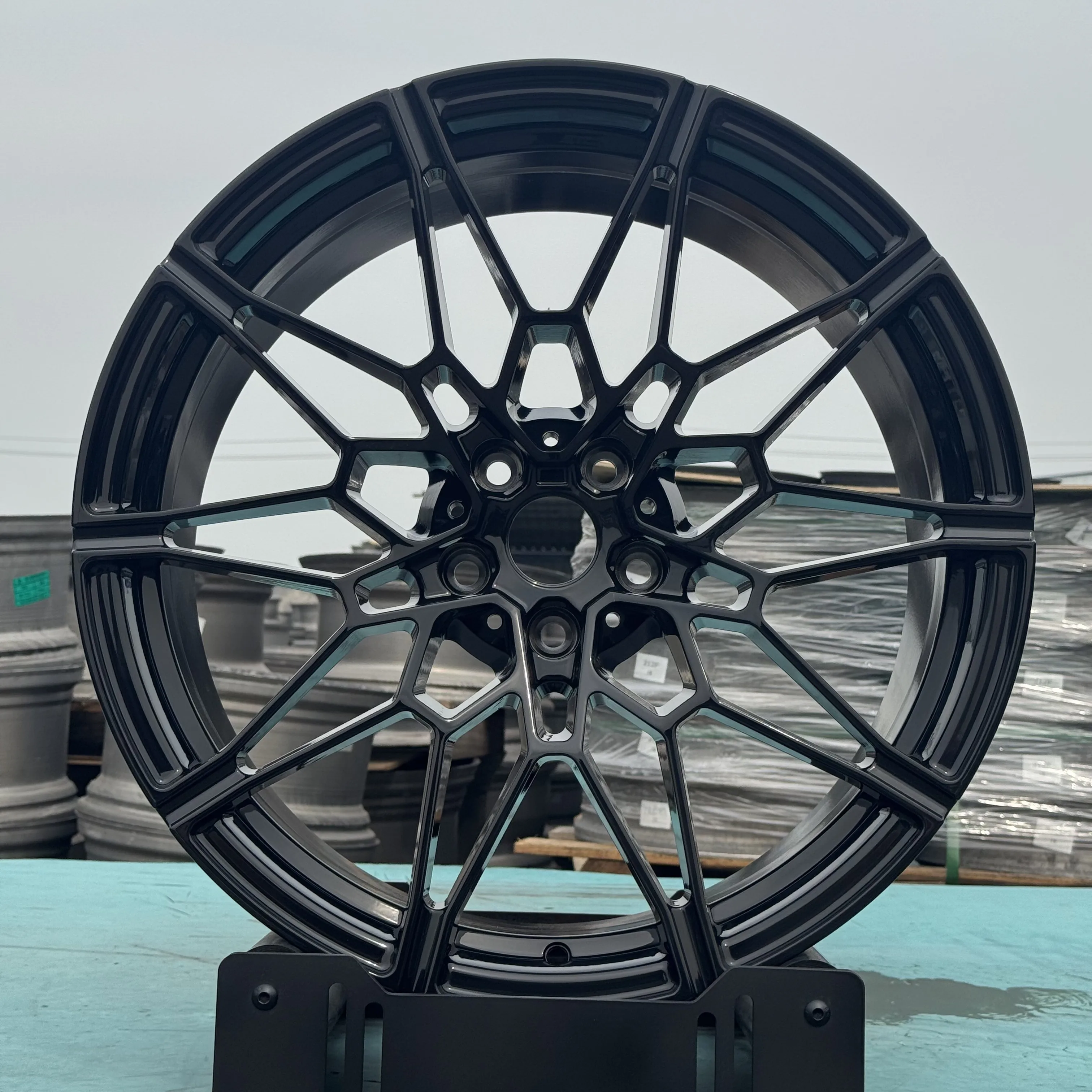

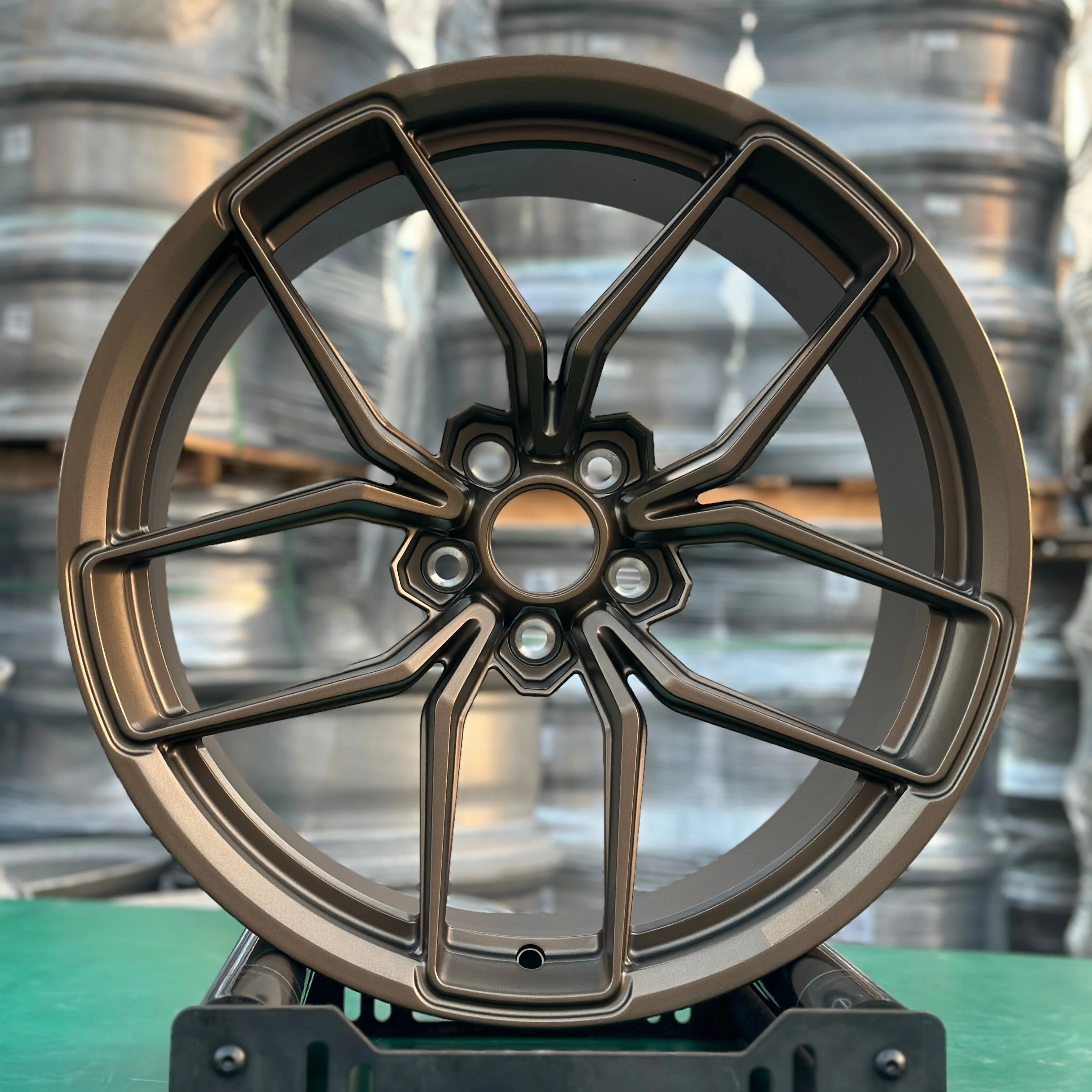
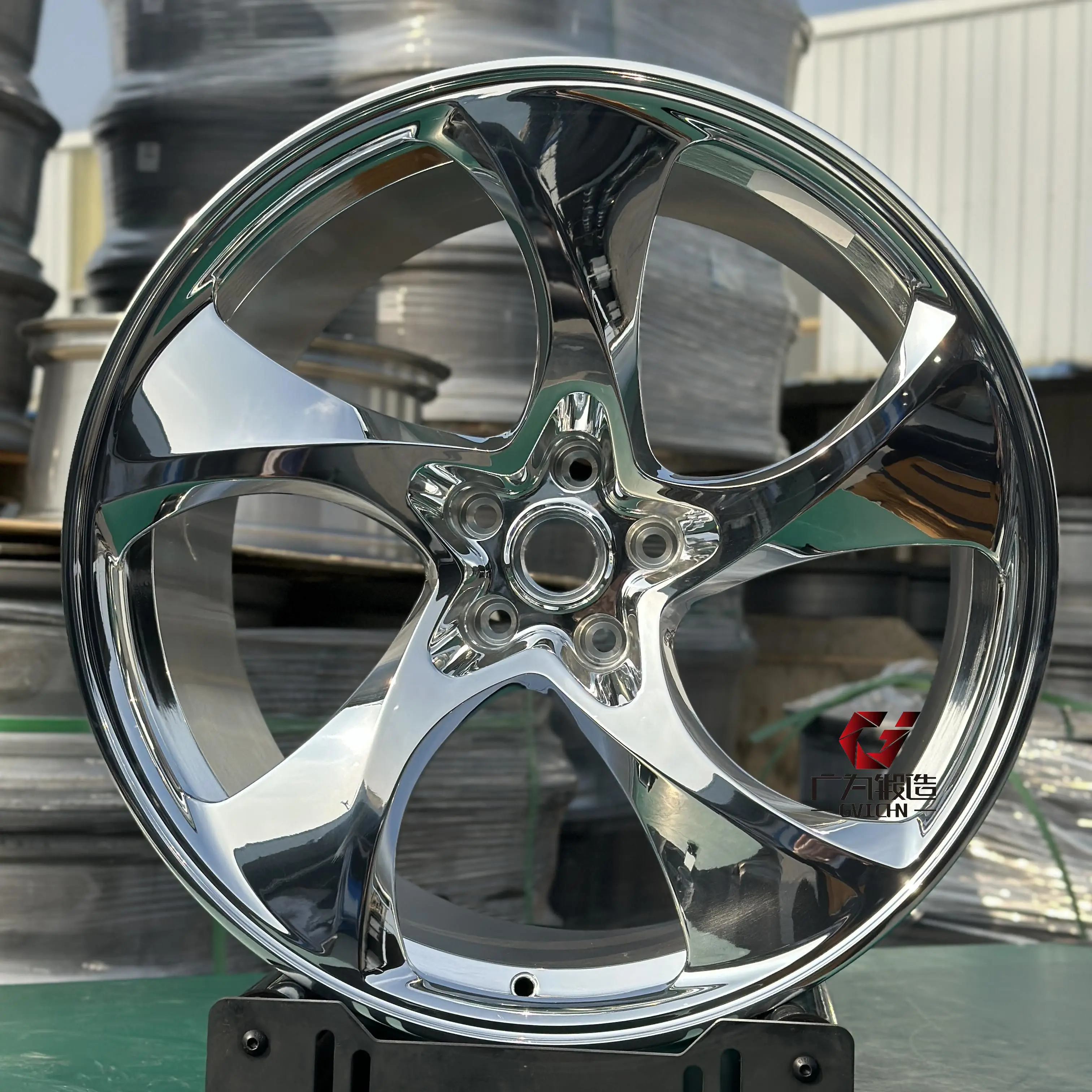
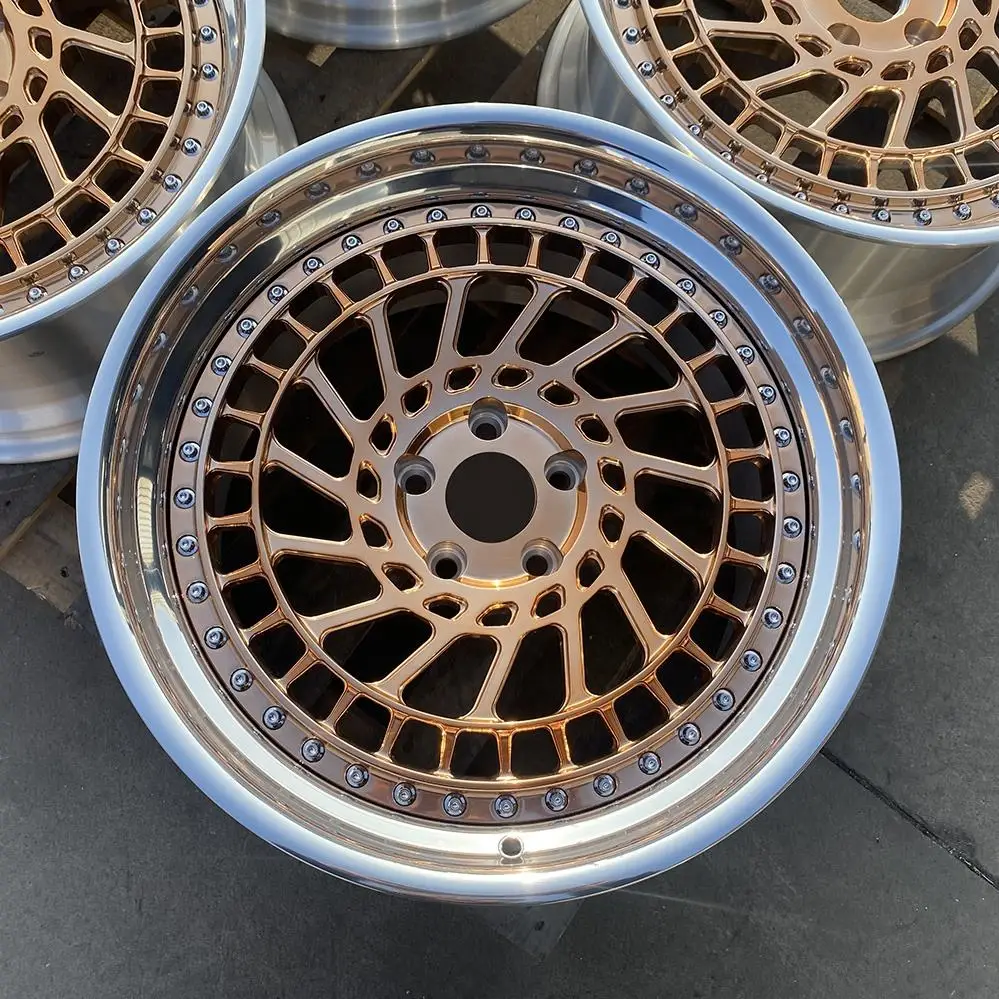
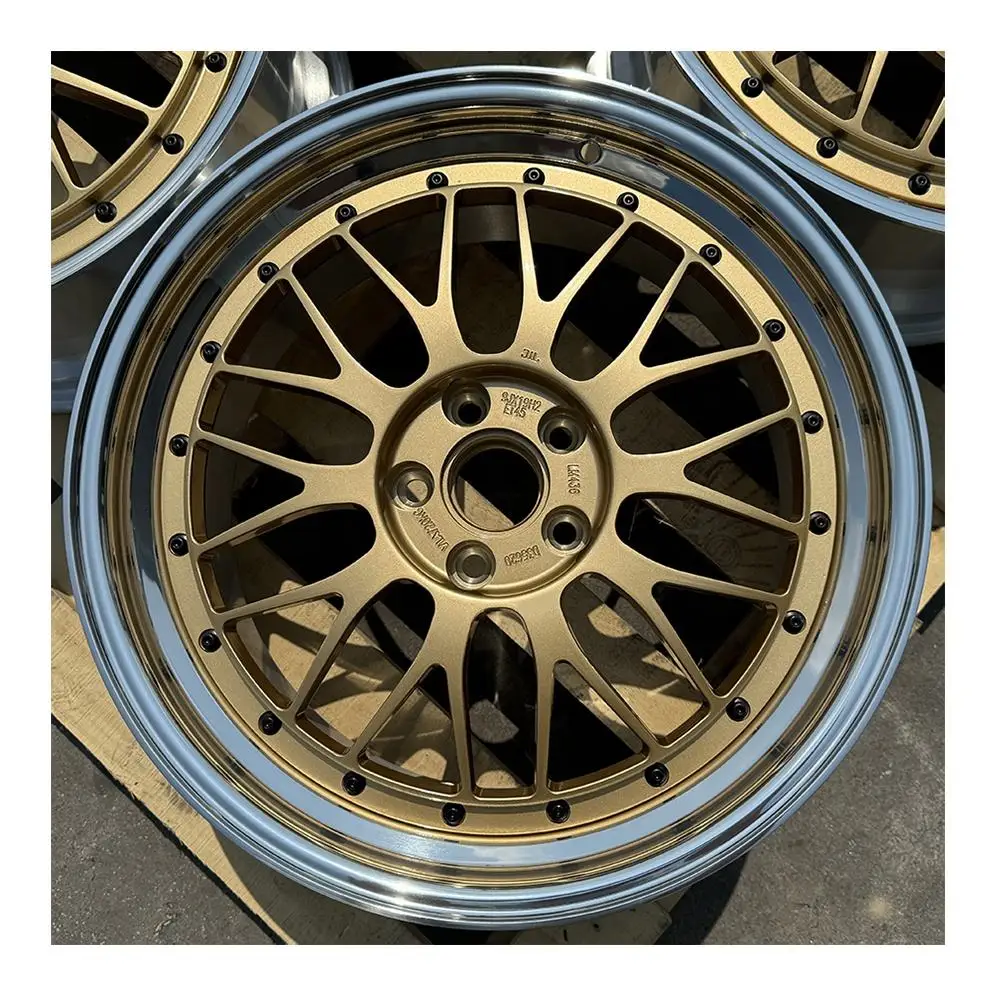
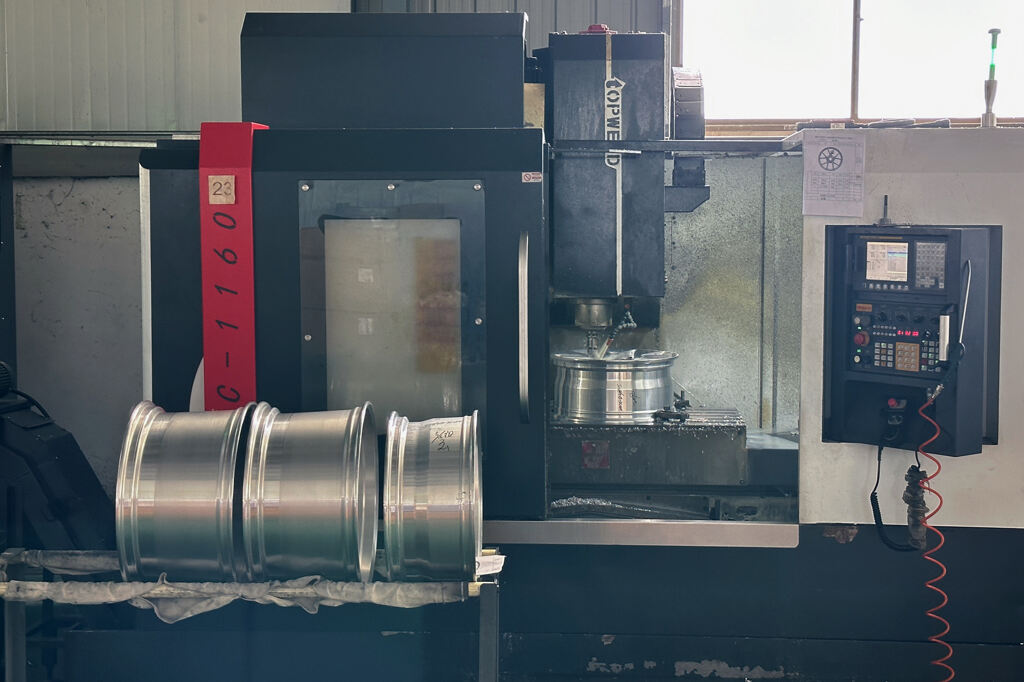
 ONLINE
ONLINE